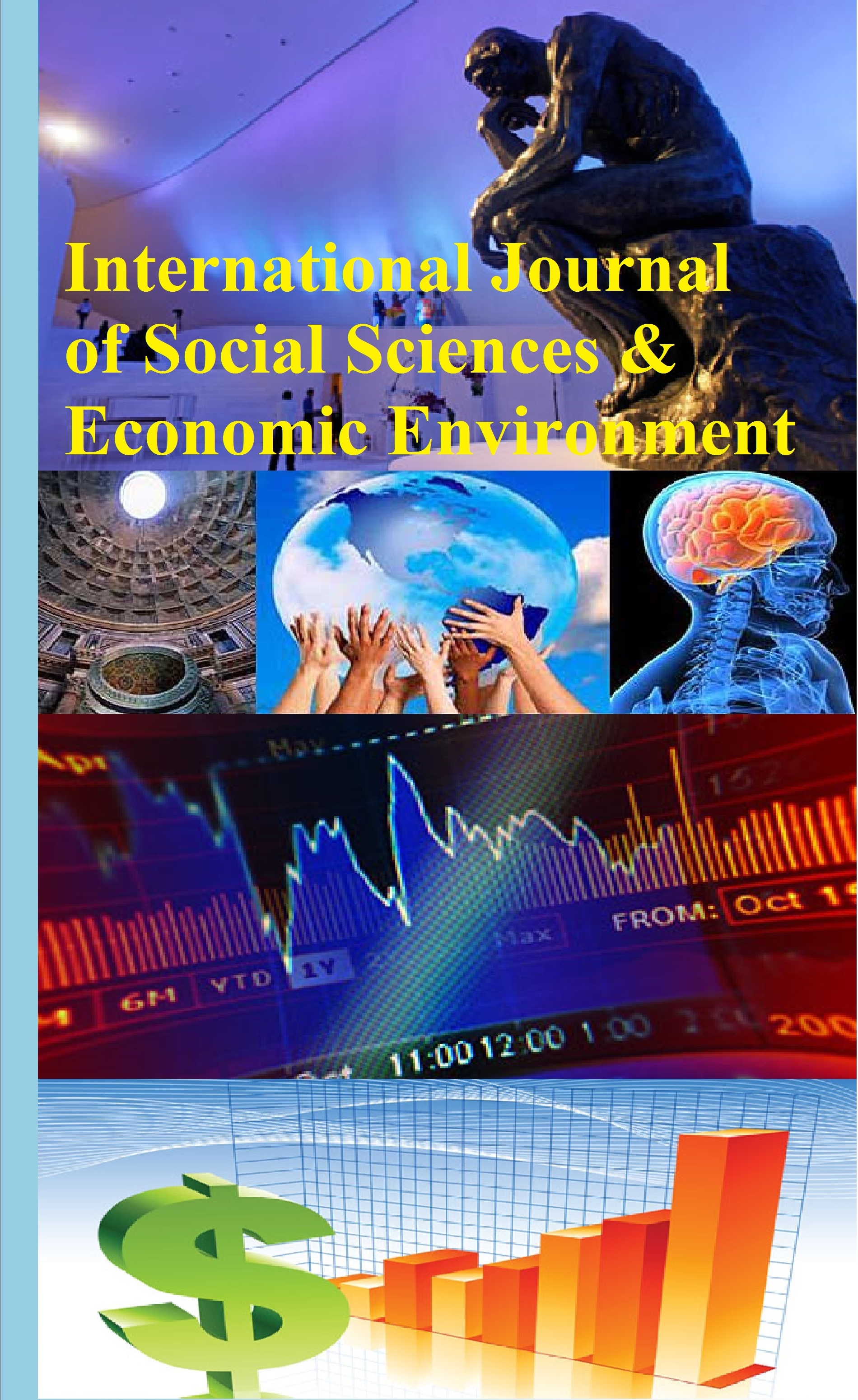ABSTRACT
This study examines the impact of government expenditure on economic growth in Nigeria using a time series data for the period 1981-2014. The study took a sectorial approach into government expenditure by relating total government expenditure (i.e. capital and recurrent) on agriculture with economic growth. The Ordinary Least Squares (OLS) regression technique was employed on the time series data in order to study the impact of government expenditure on economic growth in Nigeria. Data were sourced from CBN 2014 Statistical Bulletin (Real GDP & government expenditure on agriculture) and Index Mundi (Inflation Rate & Interest Rate).
From the regression result, government expenditure on Agriculture (AGEXP) was found to have a positive impact on economic growth (RGDP) in Nigeria with a coefficient and t-statistic values of (0.028011) and (0.54473) respectively. Inflation rate (INFL) also had a positive significant impact on economic growth with a coefficient and t-statistic values of (0.12145) and (2.0829) respectively. However, Interest rate (INTR) was found to exert a negative but insignificant impact on economic growth with a coefficient and t-statistic values of (-0.052587) and (-0.19919) respectively.
This study concludes that government expenditure accelerates economic growth as supported by the Keynesian theory which explains that government expenditure can contribute positively to economic growth. The study therefore recommends that government should increase its effort on the agricultural sector and it should also compel non-governmental financial institutions most especially Banks to supplement its efforts at financing agriculture through the disbursement of loans at low interest rate. Generally, the government should increase its expenditures since public expenditure has a positive impact on economic growth. Besides increasing its expenditures, the government should ensure that capital and recurrent expenditures are properly managed in a manner that will increase the nation’s production capacity and accelerate economic growth.
Keywords: Government expenditure, Real GDP, Inflation Rate, Interest Rate, Ordinary Least Squares.
 Check for Updates
Check for Updates




